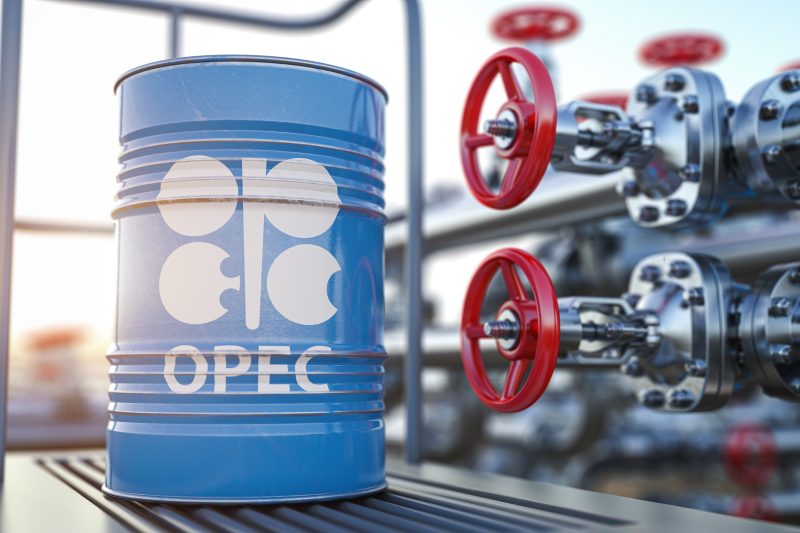New York — Oil prices fell on Friday below $80 a barrel as surging COVID-19 cases in Europe threatened to slow the economic recovery while investors also weighed a potential release of crude reserves by major economies to cool prices.
Brent crude was down $1.90, or 2.34%, at $79.34 a barrel by 1443 GMT. It had earlier fallen to $78.15, its lowest since early October, after rising to as high as $82.24, extending volatility seen on Thursday.
U.S. West Texas Intermediate (WTI) crude for December delivery was down $1.97, or 2.5%, at $77.04 a barrel.
The WTI December contract expires on Friday and most trading activity has shifted to the January future, which was down 2.4% at $76.52 a barrel.
Both Brent and WTI are set for a fourth week of declines.
Austria became the first country in western Europe to reimpose a full coronavirus lockdown this autumn to tackle a new wave of COVID-19 infections across the region that threatens to slow the recent months’ economic recovery.
Germany, Europe’s largest economy, warned it may also have to move to a full COVID-19 lockdown.
Brent has surged almost 60% this year as economies bounce back from the pandemic and the Organization of the Petroleum Exporting Countries (OPEC) and allies, known as OPEC+, have only raised output gradually.
“The (oil) market still remains fundamentally in a good position but lockdowns are now an obvious risk… if other countries follow Austria’s lead,” Craig Erlam, market analyst at OANDA, said in a note.
Governments from some of the world’s biggest economies were looking into releasing oil from their strategic petroleum reserves (SPR) following a request from the United States, first reported by Reuters here, for a coordinated move to cool prices.
Speculation about a U.S. stock release has already pushed oil prices down by about $4 a barrel in recent weeks and additional supplies of up to 100 million barrels are already priced in, Goldman Sachs oil analysts said in a note.
As a result, it said any release “would only provide a short-term fix to a structural deficit”.
OPEC+ has stuck to its policy of gradual oil output increases even as prices surged, saying it expects supply to outpace demand in the first months of 2022.
Additional reporting by Aaron Sheldrick; Editing by David Evans and Nick Zieminski
- Reuters (Additional reporting by Aaron Sheldrick and Scott DiSavino; Editing by David Evans, Nick Zieminski and David Gregorio)
- Follow us on twitter



